Retinol serum is one of the most sought-after products in the skincare industry, known for its potent ability to transform the skin and address a myriad of concerns. Whether you’re looking to combat fine lines, wrinkles, or hyperpigmentation, a well-formulated retinol serum can be a game-changer. In this article, we dive deep into everything you need to know about retinol serum, its benefits, how to incorporate it into your skincare routine, and how to choose the best product for your skin type.
What is Retinol?
Retinol Face Serum is a form of vitamin A, a powerful antioxidant that promotes skin renewal and enhances collagen production. It belongs to the retinoid family, which includes both prescription and over-the-counter products that vary in potency. Retinol has been extensively studied and remains a gold standard ingredient in anti-aging skincare.
Benefits of Using Retinol Serum
1. Fights Signs of Aging
Retinol is celebrated for its ability to reduce the appearance of fine lines and wrinkles. By stimulating collagen production, it helps the skin regain its youthful elasticity and firmness. Over time, it can soften deep wrinkles, making it a must-have in any anti-aging skincare regimen.
2. Improves Skin Texture and Tone
Another major benefit of retinol serum is its ability to smooth out rough skin and even out skin tone. Regular use can help reduce the appearance of dark spots, sun damage, and post-acne scars, resulting in a more uniform complexion.
3. Boosts Cell Turnover
Retinol works by accelerating cell turnover, which means it helps the skin shed dead cells faster. This process reveals fresher, healthier skin underneath and minimizes the build-up of dead skin cells that can lead to clogged pores and breakouts.
4. Prevents Acne Breakouts
Retinol is a powerful ingredient for acne-prone skin. By unclogging pores and preventing the formation of blackheads and whiteheads, it helps keep acne at bay. Over time, it can also help fade acne scars, leaving your skin smoother and clearer.
How to Use Retinol Serum Safely
1. Start Slowly
When introducing retinol serum into your routine, it’s essential to start slowly. Retinol can cause skin irritation, especially for those new to it. Begin by using the serum once or twice a week to allow your skin to adjust.
2. Apply at Night
Retinol can make the skin more sensitive to sunlight, so it’s best to use it in your nighttime routine. After cleansing and toning your skin, apply a pea-sized amount of retinol serum, followed by your moisturizer.
3. Use Sunscreen Daily
Since retinol increases your skin’s sensitivity to UV rays, sunscreen is non-negotiable. Apply a broad-spectrum sunscreen with at least SPF 30 every morning, even on cloudy days, to protect your skin from damage.
4. Moisturize and Hydrate
Retinol can be drying, especially in the early stages of use. It’s crucial to pair your retinol serum with a hydrating moisturizer to keep your skin barrier healthy. Ingredients like hyaluronic acid and ceramides can help lock in moisture.
Who Should Use Retinol Serum?
Retinol serum is a versatile product suitable for most skin types, but there are a few considerations:
- Aging Skin: If you’re starting to notice signs of aging such as fine lines, wrinkles, or loss of elasticity, retinol can help reverse these signs and prevent further aging.
- Acne-Prone Skin: Individuals struggling with persistent acne or clogged pores can benefit from the pore-clearing effects of retinol.
- Uneven Skin Tone: Those dealing with hyperpigmentation, sunspots, or post-inflammatory marks can see remarkable improvements in skin clarity and evenness with regular retinol use.
However, individuals with sensitive skin or conditions like rosacea should proceed with caution, as retinol may exacerbate these issues. Consulting a dermatologist before incorporating retinol into your routine is always a good idea.
How to Choose the Best Retinol Serum
Not all retinol serums are created equal. Here are some factors to consider when choosing the best one for your skin:
1. Concentration of Retinol
Over-the-counter retinol serums typically come in concentrations ranging from 0.25% to 1%. If you’re new to retinol, start with a lower concentration and gradually work your way up to higher strengths as your skin builds tolerance.
2. Additional Ingredients
Look for retinol serums that are enriched with hydrating and soothing ingredients like hyaluronic acid, vitamin E, and peptides. These ingredients can help mitigate any dryness or irritation caused by retinol.
3. Packaging
Retinol is a sensitive ingredient that can degrade when exposed to light and air. Opt for products in opaque, airtight packaging to ensure the retinol remains stable and effective.
4. Fragrance-Free Formulas
To reduce the risk of irritation, it’s best to choose fragrance-free formulations, especially if you have sensitive skin.
Potential Side Effects of Retinol
As with any active ingredient, retinol can cause side effects, particularly when first introduced into your routine. Common side effects include:
- Dryness and Peeling: These are normal reactions as your skin adjusts to retinol. Using a moisturizer can help combat this dryness.
- Redness and Irritation: Some users may experience redness, especially if they start with a high concentration of retinol. Always start with a lower concentration and gradually increase it as your skin builds tolerance.
- Increased Sensitivity to Sun: Retinol makes the skin more prone to sunburns, which is why daily sunscreen application is essential.
If these side effects persist or worsen, it’s best to discontinue use and consult a dermatologist.
Myths About Retinol
There are many misconceptions surrounding retinol use. Let’s debunk some of the most common myths:
1. Retinol Thins the Skin
This is a widely held belief, but it’s false. Retinol actually thickens the dermis, the deeper layer of the skin, by promoting collagen production.
2. You Should Only Use Retinol on Aging Skin
While retinol is widely used for anti-aging, it also has numerous benefits for younger individuals, especially those struggling with acne or uneven skin tone.
3. Retinol Shouldn’t Be Used with Other Actives
Retinol can be used with other ingredients, but it’s important to proceed with caution. Pairing it with hydrating and soothing products can help reduce the risk of irritation.
Conclusion: Is Retinol Serum Right for You?
Retinol serum is a powerful tool in any skincare routine, offering a wide range of benefits, from reducing signs of aging to improving skin texture and tone. By understanding how to use it properly and choosing the right product, you can unlock radiant, youthful skin. Whether you’re new to retinol or a seasoned user, the key to success is patience and consistency.

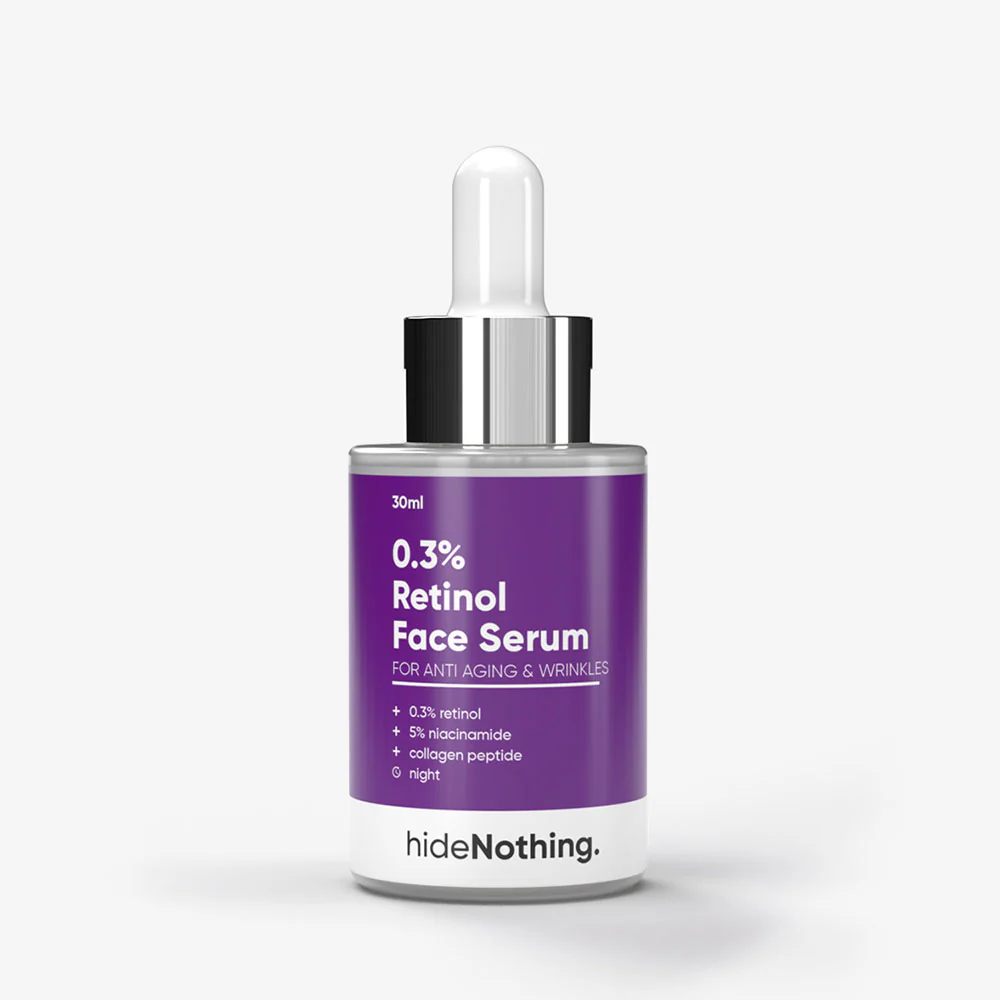
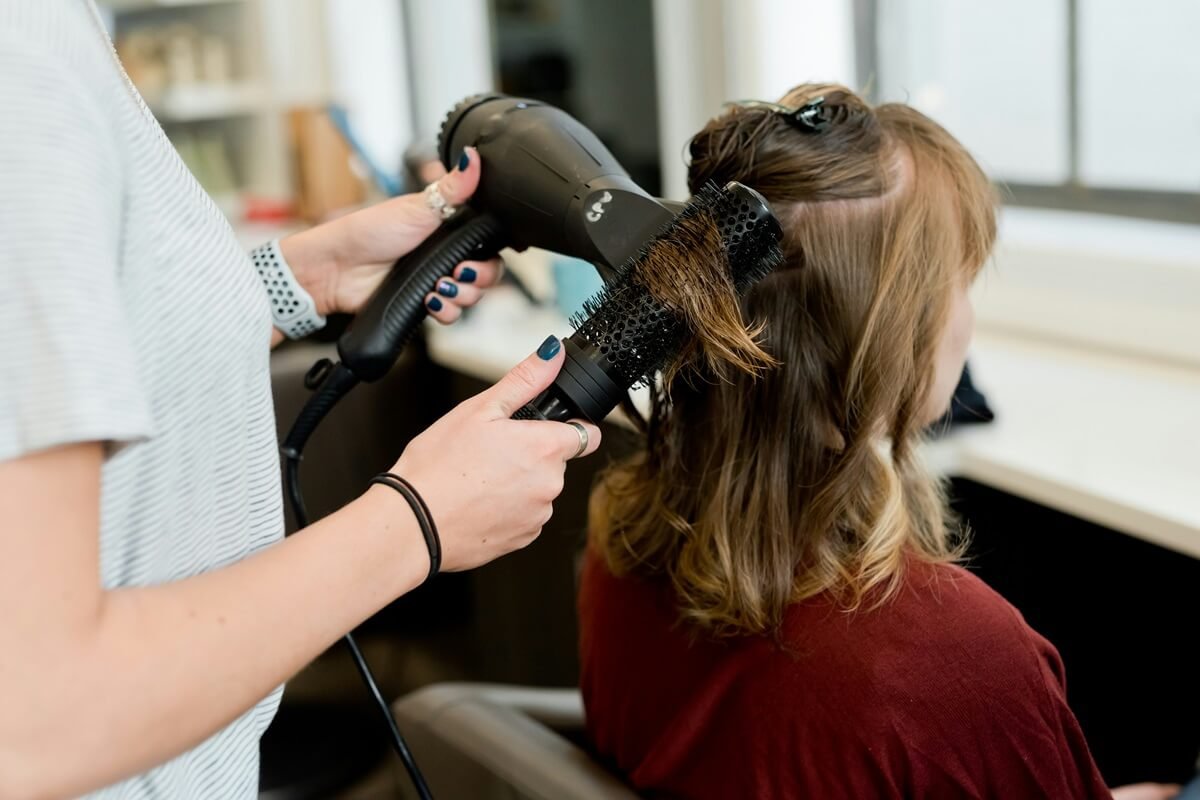


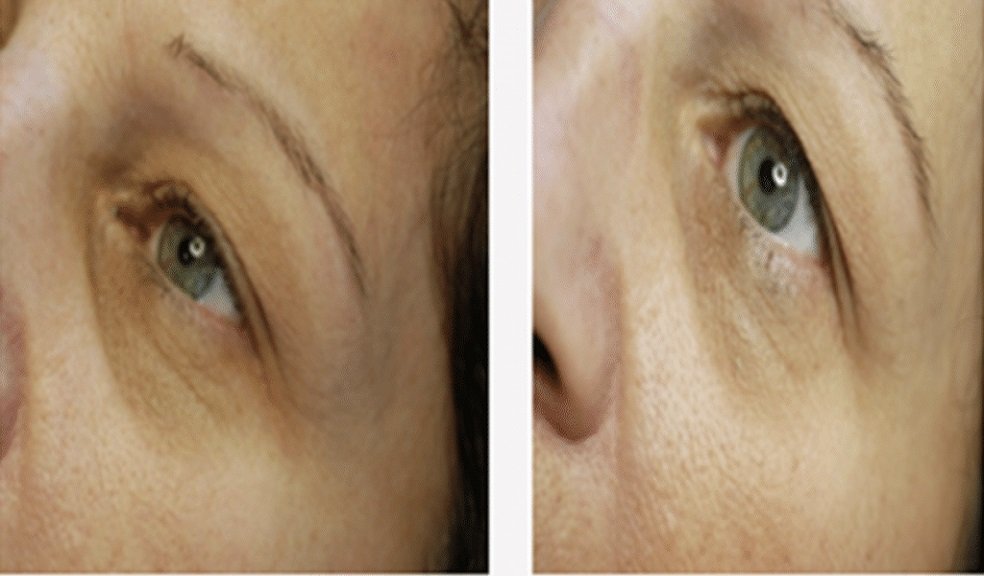
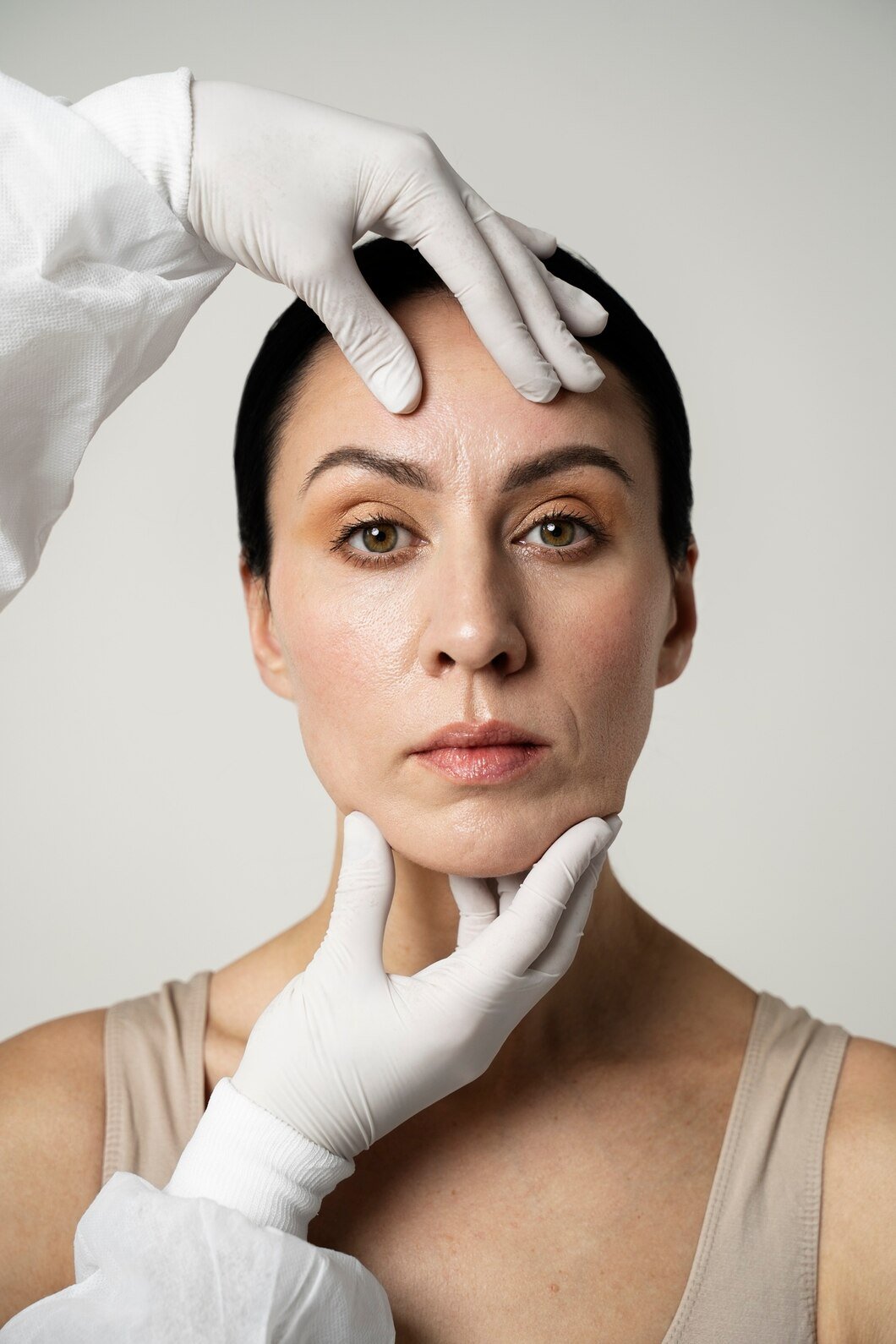

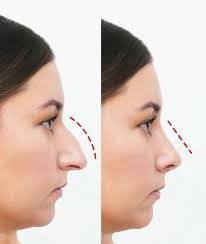
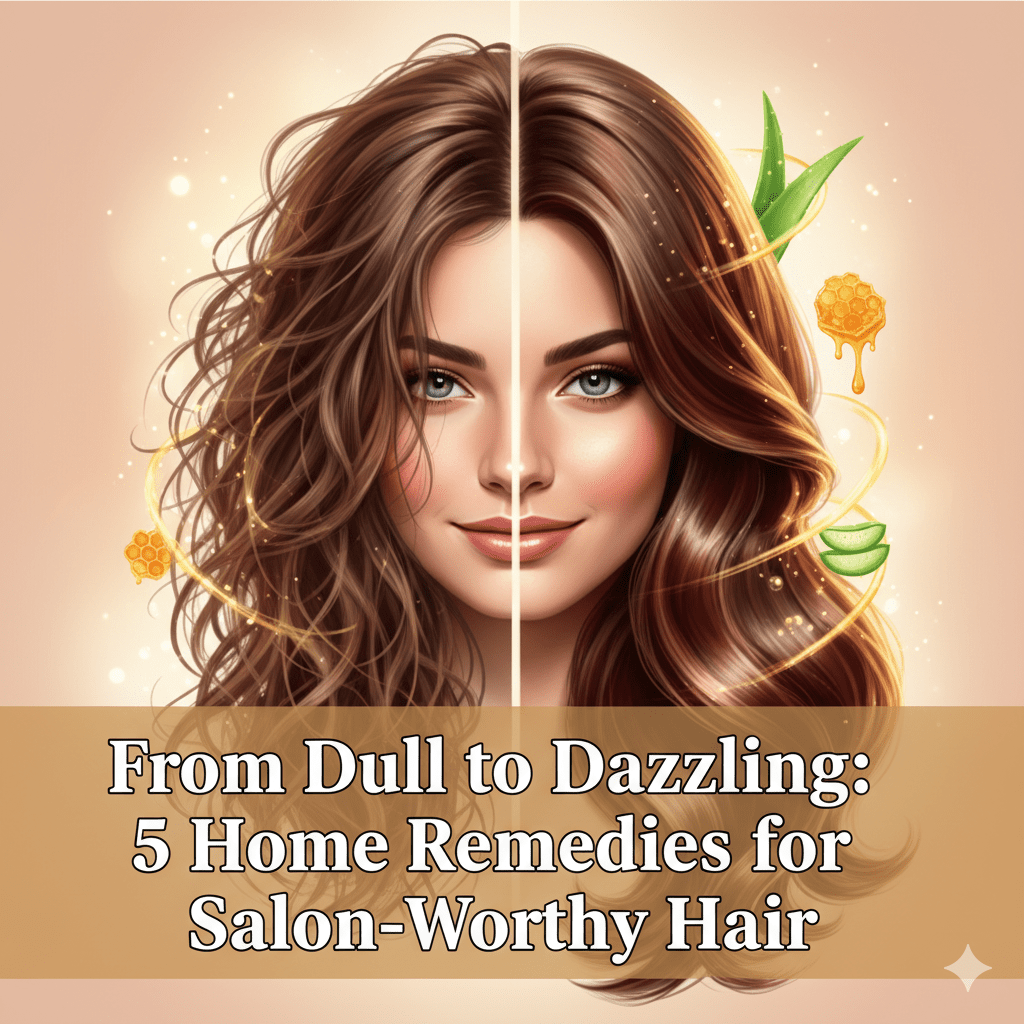
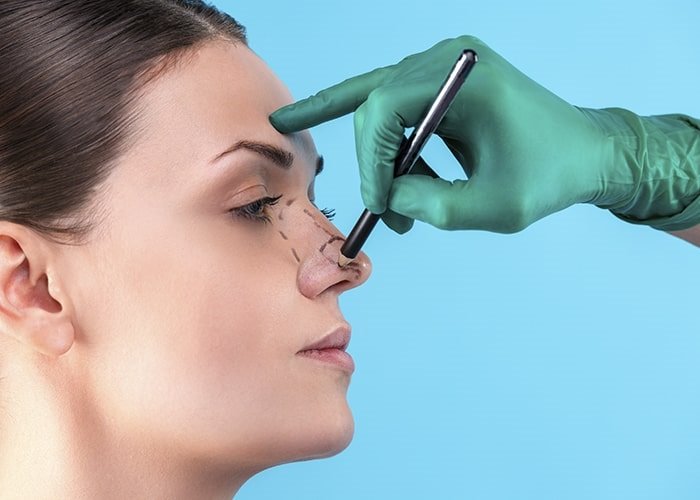
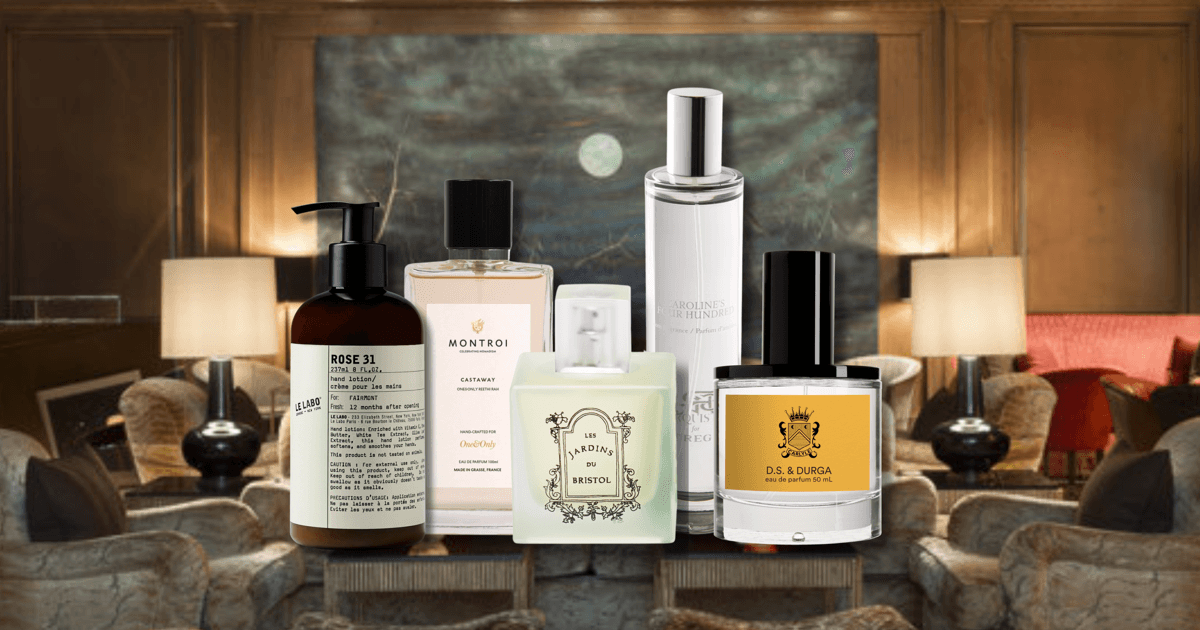




Leave a Reply